Home

Ovulation

Signs Ovulation is Over: Your Guide to Understanding the End of Ovulation
In this Article
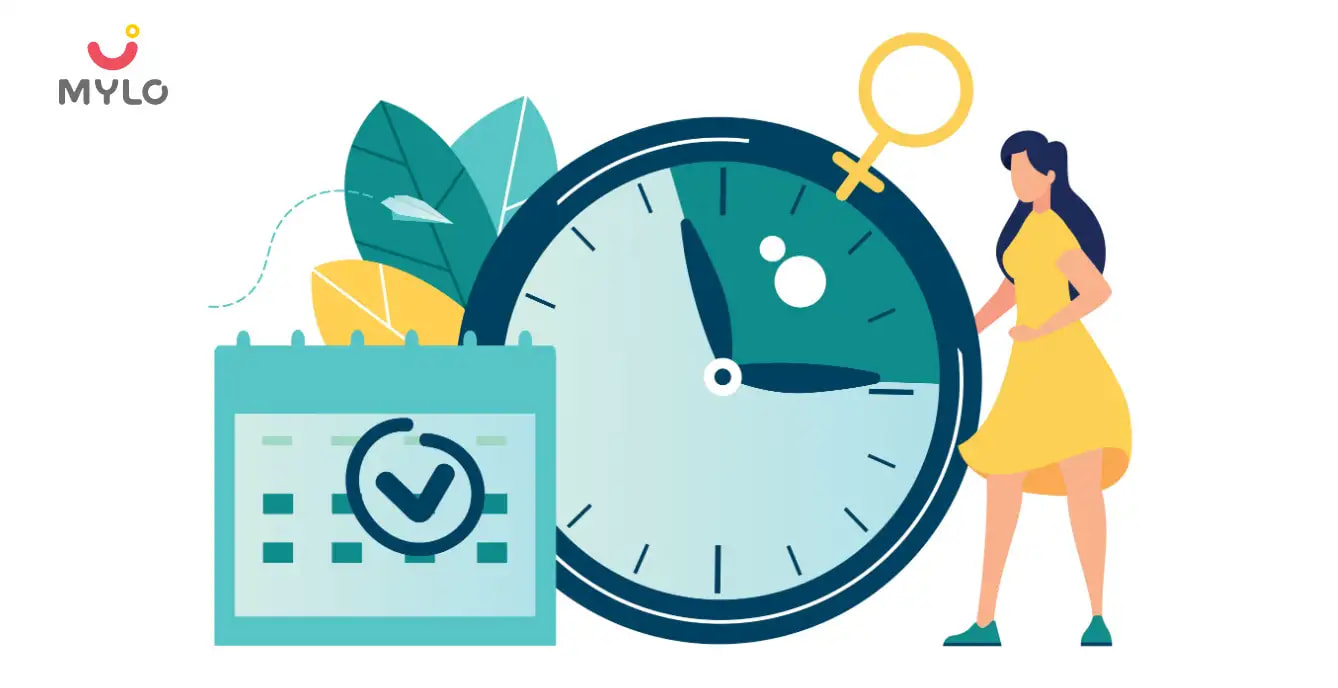
Ovulation
Signs Ovulation is Over: Your Guide to Understanding the End of Ovulation
Updated on 12 December 2023
Ovulation is a crucial part of a woman's menstrual cycle, during which an egg is released from the ovary. It is the prime time for conception. However, once ovulation is over, the chances of getting pregnant decrease significantly. In this comprehensive guide, we will explore the signs ovulation is over, how many days does ovulation last, the possibility of pregnancy after ovulation ends, what happens in your body after ovulation, and how to track ovulation effectively.
How long does ovulation last?
Understanding the duration of ovulation is essential for women who are trying to conceive or want to avoid pregnancy. On average, ovulation lasts for 12 to 24 hours. However, the fertile window, which includes the days leading up to ovulation and the day of ovulation itself, is around 5 to 6 days. This is because sperm can survive inside the female reproductive system for up to 5 days, waiting for the egg to be released.
Can you get pregnant after ovulation is over?
Once ovulation is over and the egg is no longer available, the chances of getting pregnant decrease significantly. However, it is still possible to conceive for a short period after ovulation ends. Sperm can survive inside the female reproductive system for up to 5 days, so if intercourse occurs in the days leading up to ovulation, there is a chance that sperm may still be present when the egg is released. It is important to note that the probability of conception decreases every day after ovulation.
10 signs ovulation is over
Now, that we know how long does ovulation last, it can also be helpful to understand the telltale signs that indicate the end of ovulation:
1. Change in cervical mucus
After ovulation, the cervical mucus becomes thicker and stickier, which makes it less conducive for sperm to travel and fertilize an egg.
2. Decreased basal body temperature
Basal body temperature (BBT) rises during ovulation and remains elevated until the next menstrual cycle. Once ovulation is over, BBT returns to its normal range.
3. Cessation of ovulation pain
Some women experience mild pain or discomfort during ovulation. Once ovulation ends, this pain subsides.
4. No more positive ovulation test
Ovulation tests detect the surge in luteinizing hormone (LH) that occurs before ovulation. Once ovulation is over, the test results return to negative.
5. Decreased sex drive
The heightened sex drive experienced during ovulation diminishes once ovulation is complete.
6. Breast tenderness subsides
Breast tenderness or soreness is common during ovulation due to hormonal changes. This symptom usually disappears after ovulation ends.
7. Change in cervical position
During ovulation, the cervix is high, soft, and open. Once ovulation is over, it returns to a lower, firmer, and closed position.
8. Mood stabilizes
Hormonal fluctuations during ovulation can cause mood swings. After ovulation, these hormonal changes level out, leading to more stable emotions.
9. Bloating and water retention decrease
Many women experience bloating and water retention during ovulation. Once ovulation ends, these symptoms usually subside.
10. Menstrual cycle resumes
After ovulation, the menstrual cycle progresses to the next phase, preparing for menstruation if pregnancy does not occur.
You may also like : Ovulation Induction: Understanding Meaning, Process and Natural Alternatives
What happens after ovulation ends?
After ovulation ends, the body goes through several changes as it prepares for the possibility of pregnancy or the onset of menstruation. The corpus luteum, which is the remains of the ovarian follicle that released the egg, starts producing progesterone. This hormone helps thicken the uterine lining, making it more receptive to a fertilized egg.
If pregnancy does not occur, the corpus luteum breaks down, leading to a drop in progesterone levels. This triggers the shedding of the uterine lining, resulting in menstruation. Understanding what happens after ovulation can help women understand can you get pregnant after ovulation is over.
How to track ovulation?
Tracking ovulation is crucial for those trying to conceive or avoid pregnancy. Several methods can help you identify when ovulation is likely to occur. These include:
1. Basal body temperature (BBT) charting
By tracking your daily basal body temperature, you can observe the slight increase that indicates ovulation has occurred.
2. Cervical mucus monitoring
Paying attention to changes in cervical mucus consistency and color can help pinpoint the fertile window.
3. Ovulation predictor kits
These kits detect the surge of luteinizing hormone (LH) that occurs before ovulation, indicating the best time to conceive.
4. Calendar tracking
By tracking your menstrual cycle over several months, you can estimate when ovulation is likely to occur. This method is less accurate but can provide a general idea of your fertile window.
FAQs
1. What does the last day of ovulation feel like?
The last day of ovulation typically does not have any distinct physical sensations. The signs and symptoms usually experienced during ovulation gradually subside as the body prepares for the next phase of the menstrual cycle.
2. How long do your breasts stay sore after ovulation?
Breast soreness or tenderness during ovulation is a common symptom caused by hormonal changes. This discomfort usually subsides within a few days after ovulation ends.
3. When is the least likely time to get pregnant?
The least likely time to get pregnant is during the non-fertile phase of the menstrual cycle, which occurs before and after ovulation. However, it is important to note that the exact timing of ovulation can vary, and sperm can survive inside the female reproductive system for up to 5 days. Therefore, it is still possible to conceive during this time, albeit with a lower probability.
The Bottomline
Understanding the signs ovulation is over is essential for women who are trying to conceive or want to avoid pregnancy. By tracking your menstrual cycle and paying attention to your body's subtle changes, you can gain valuable insights into your fertility window. Knowing when ovulation ends can help you make informed decisions about your reproductive health. Remember to consult with a healthcare professional for personalized guidance and advice.
References
1. Su HW, Yi YC, Wei TY, Chang TC, Cheng CM. (2017). Detection of ovulation, a review of currently available methods. Bioeng Transl Med.
2. Reed BG, Carr BR. The Normal Menstrual Cycle and the Control of Ovulation. (2018). In: Feingold KR, Anawalt B, Blackman MR, et al., editors. Endotext [Internet]. South Dartmouth (MA): MDText.com, Inc.



Written by
Anupama Chadha
Anupama Chadha, born and raised in Delhi is a content writer who has written extensively for industries such as HR, Healthcare, Finance, Retail and Tech.
Read MoreGet baby's diet chart, and growth tips

Related Articles
Related Questions
Influenza and boostrix injection kisiko laga hai kya 8 month pregnancy me and q lagta hai ye plz reply me

Hai.... My last period was in feb 24. I tested in 40 th day morning 3:30 .. That is faint line .. I conculed mylo thz app also.... And I asked tha dr wait for 3 to 5 days ... Im also waiting ... Then I test today 4:15 test is sooooo faint ... And I feel in ma body no pregnancy symptoms. What can I do .

Baby kicks KB Marta hai Plz tell mi

PCOD kya hota hai

How to detect pcos

RECENTLY PUBLISHED ARTICLES
our most recent articles
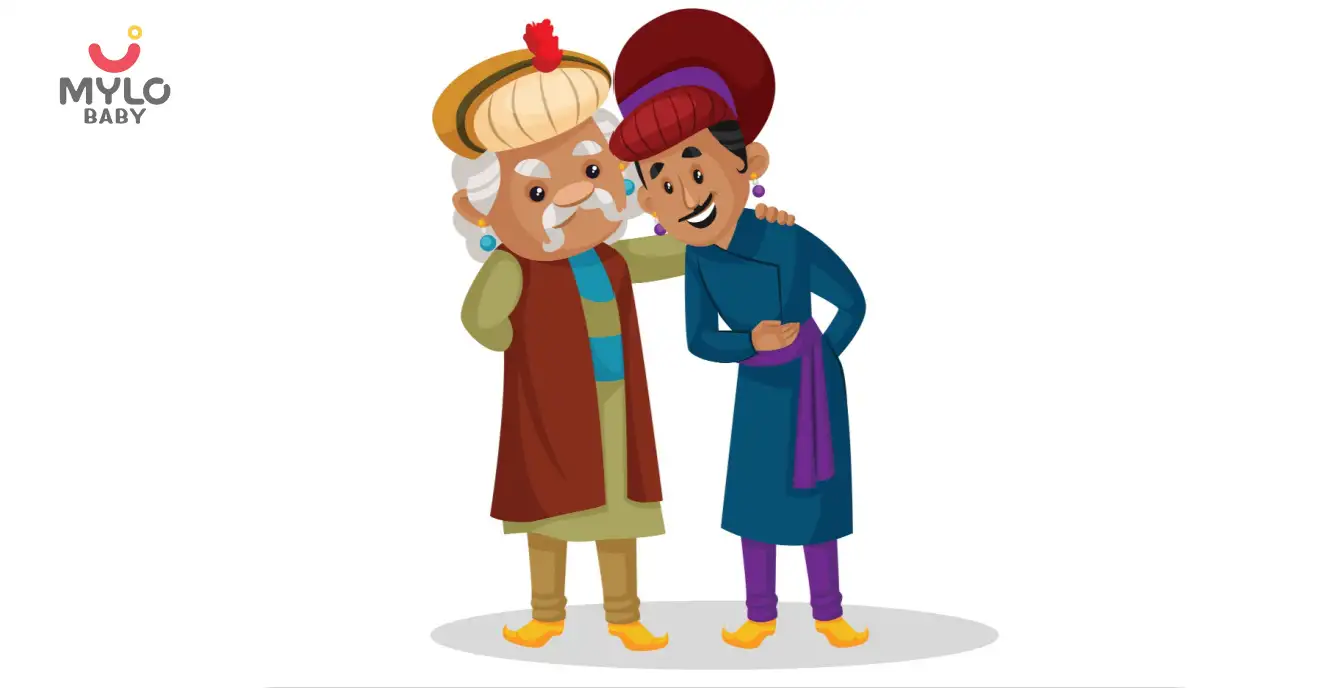
Stories
Top 15 Akbar and Birbal Stories for Young Kids
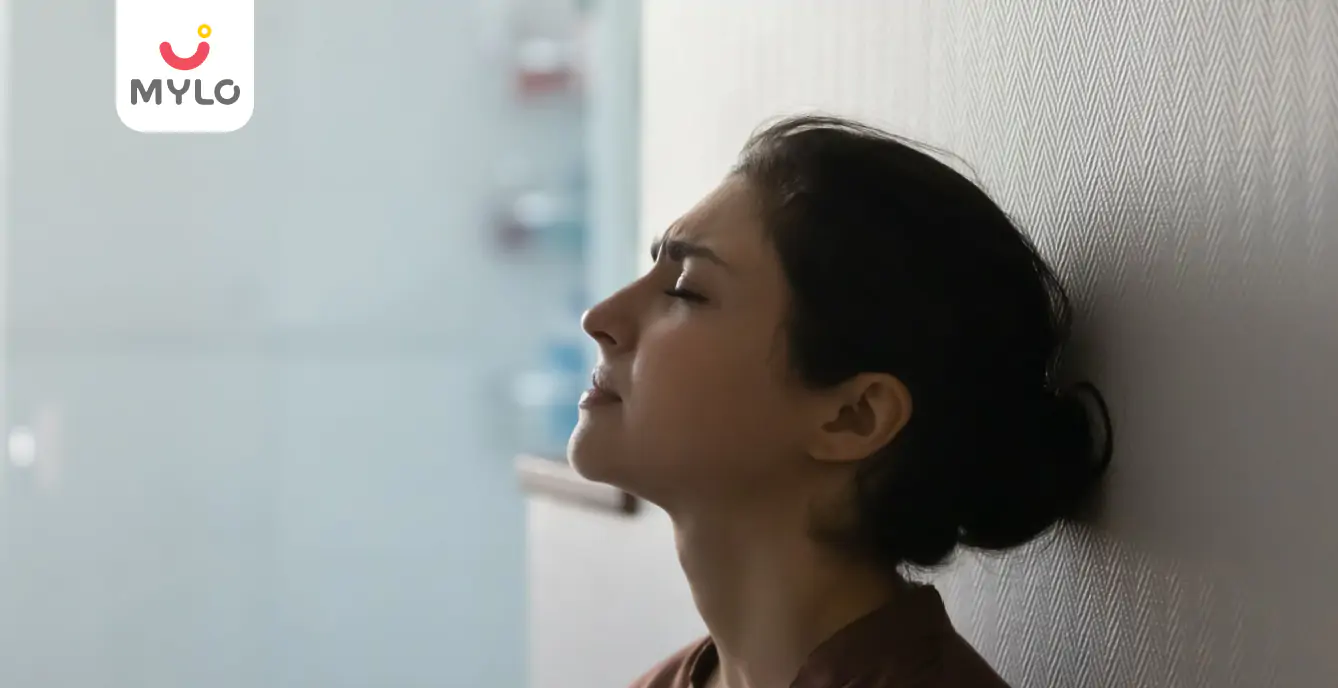
Abortion
How Soon After an Abortion Can You Get Pregnant?
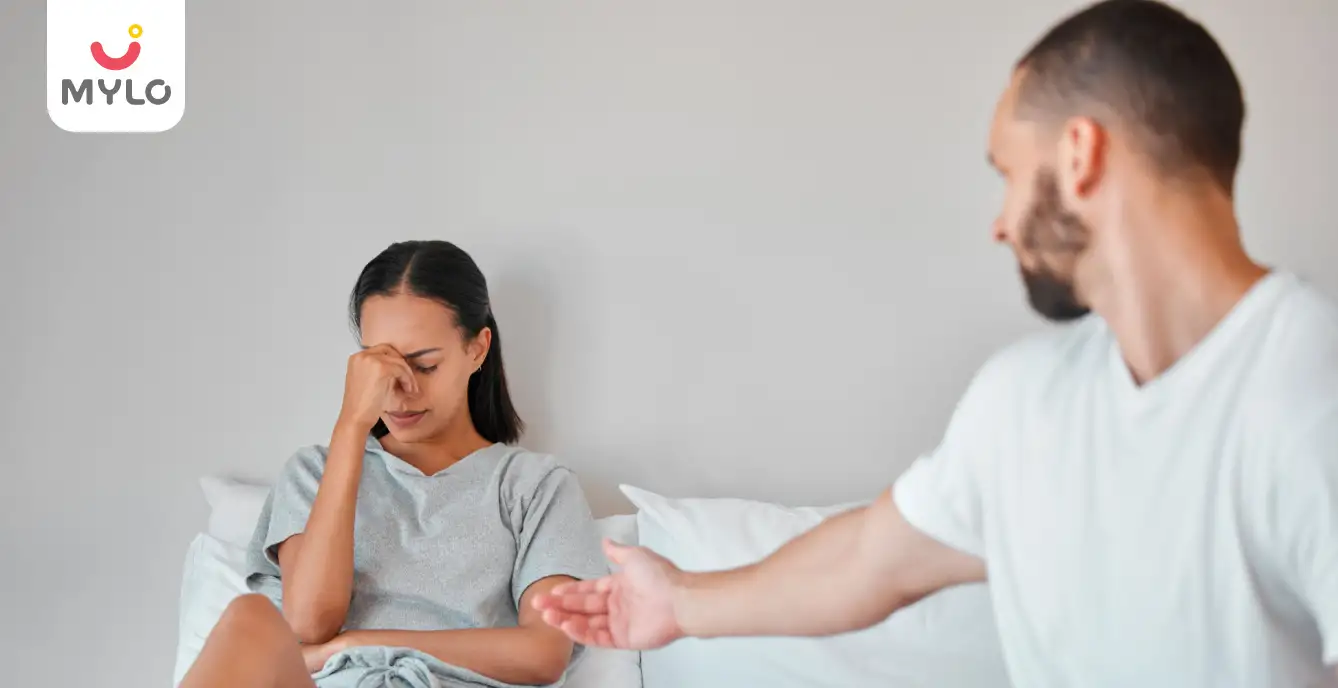
PCOS & PCOD
PCOS and Sex: Exploring Impact on Health and Debunking Common Myths
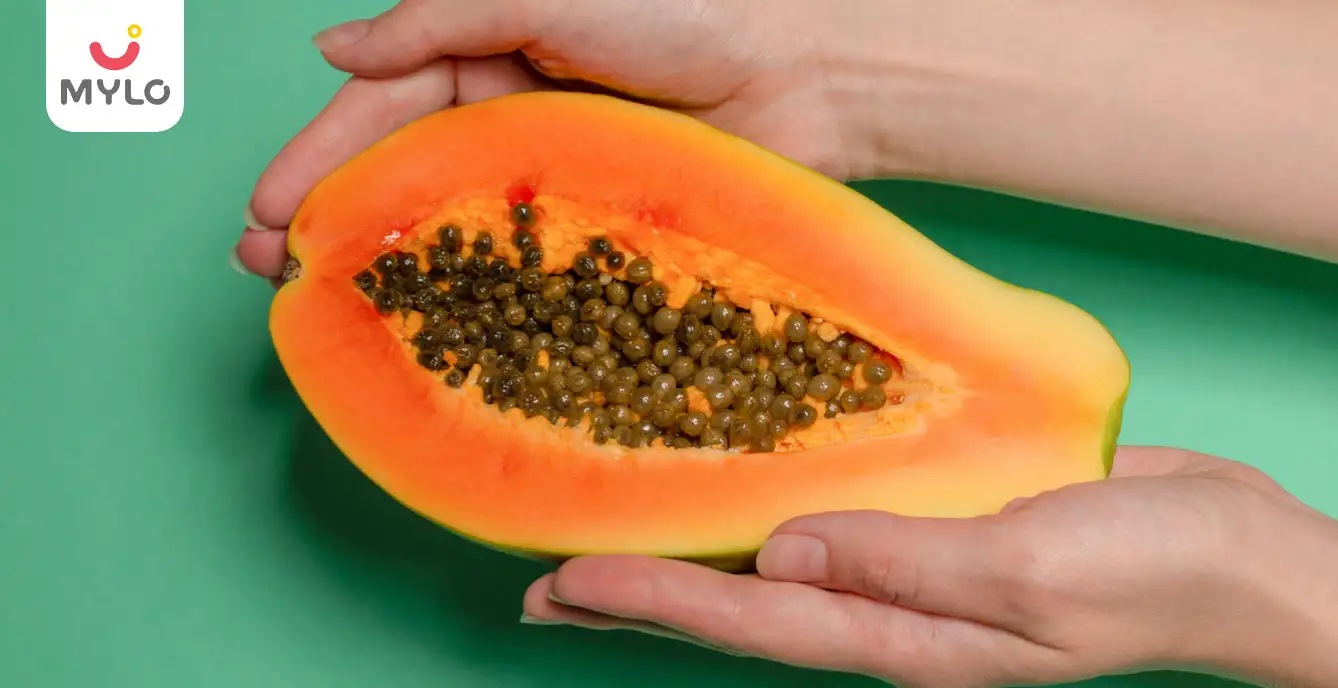
PCOS & PCOD
Papaya for PCOS: Exploring the Link and How It Can Positively Impact Your Health
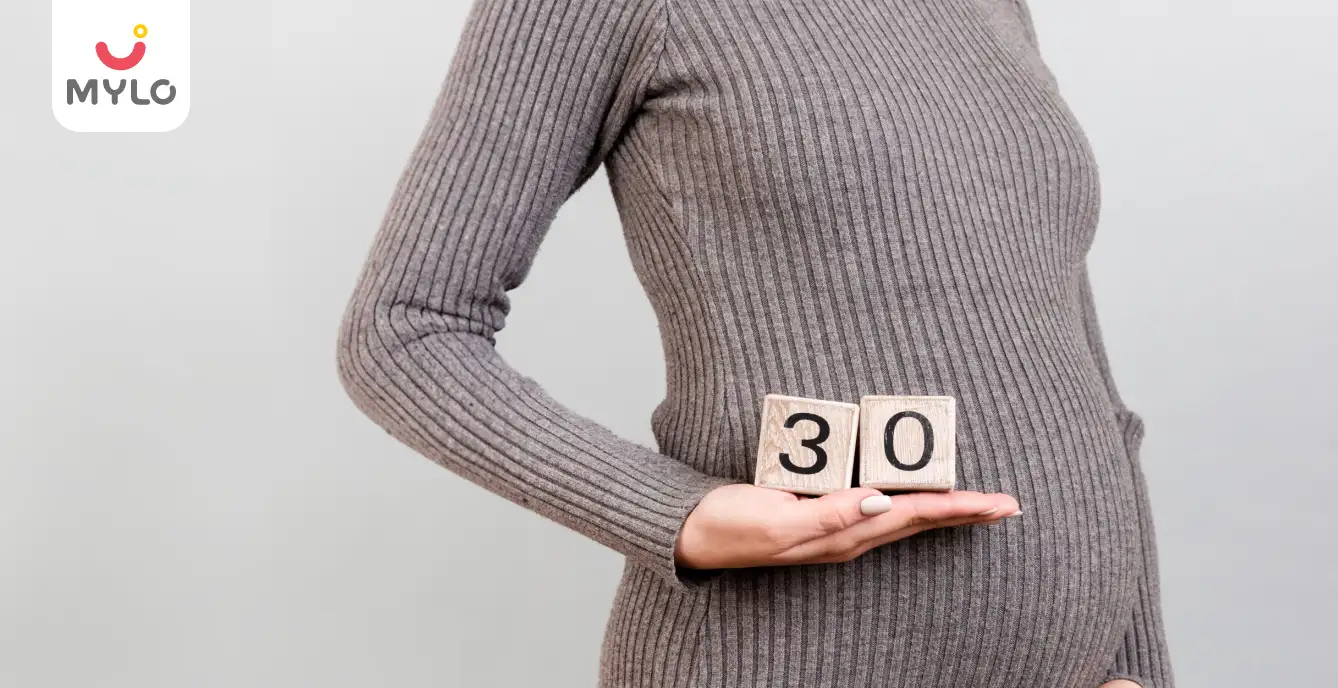
Fertility
How to Boost Fertility in Your 30s: The Ultimate Guide
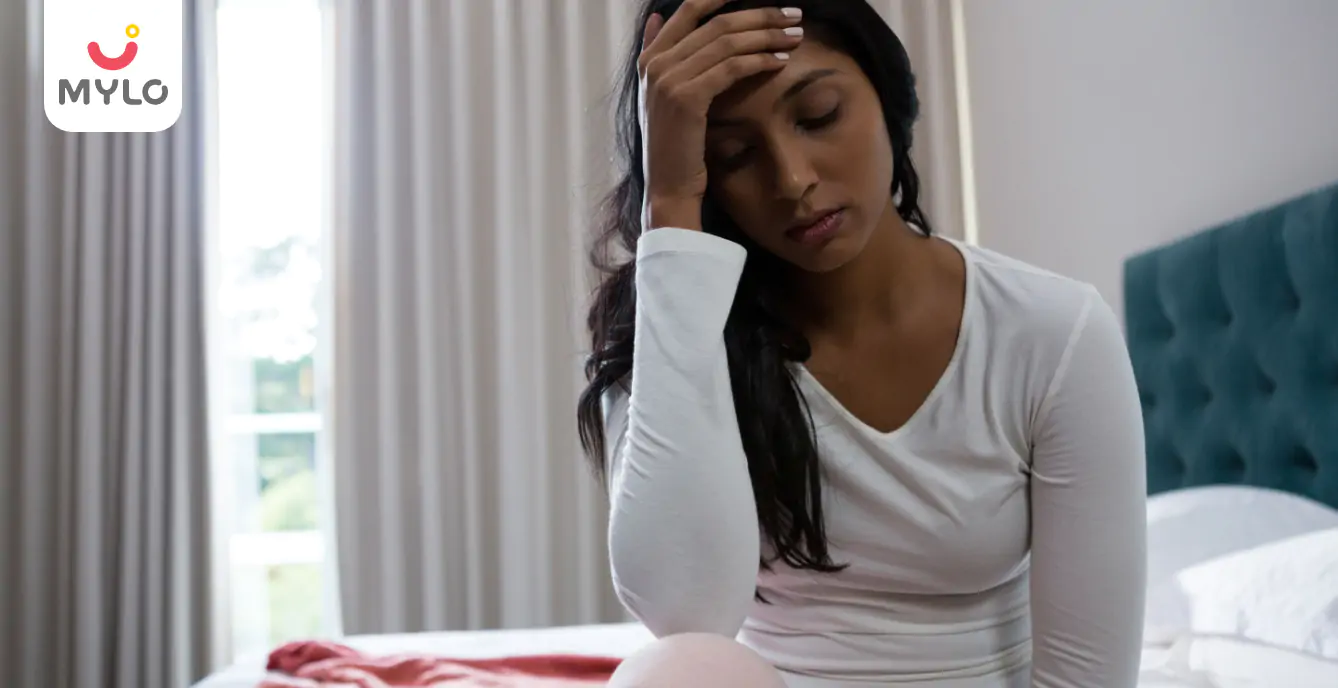
Anovulation Meaning Explained: What You Need to Know About Its Causes & Treatment
- Basal Body Temperature: How It Can Help You Track Ovulation?
- Ovulation Pain: Is It Normal or a Cause for Concern?
- Special Home Remedies For Gas During Pregnancy
- PCOD Problem After Marriage: Debunking Common Misconceptions and Finding Solutions
- White Discharge After Ovulation: A Normal Occurrence or Cause for Concern?
- Normal Ovary Size: How It Varies and What It Means for You
- 2024 Calendar with Holidays and Festivals of India
- After-Abortion Sex: A Guide to Physical and Emotional Wellness
- Cervical Cerclage: A Closer Look at the Procedure and Its Benefits
- The Ultimate Guide to Panchatantra Stories for Kids
- Which Is Better Normal Or Cesarean Delivery
- How to Get Baby in Right Position for Birth?
- Paheliyan 101: Riddles for Kids That Educate and Entertain
- The ABCs of Cephalic Presentation: A Comprehensive Guide for Moms-to-Be


AWARDS AND RECOGNITION

Mylo wins Forbes D2C Disruptor award

Mylo wins The Economic Times Promising Brands 2022
AS SEEN IN

- Mylo Care: Effective and science-backed personal care and wellness solutions for a joyful you.
- Mylo Baby: Science-backed, gentle and effective personal care & hygiene range for your little one.
- Mylo Community: Trusted and empathetic community of 10mn+ parents and experts.
Product Categories
Baby Carrier | Baby Soap | Baby Wipes | Stretch Marks Cream | Baby Cream | Baby Shampoo | Baby Massage Oil | Baby Hair Oil | Stretch Marks Oil | Baby Body Wash | Baby Powder | Baby Lotion | Diaper Rash Cream | Newborn Diapers | Teether | Baby Kajal | Baby Diapers Pants | Cloth Diapers | Laundry Detergent | Lactation Granules |




